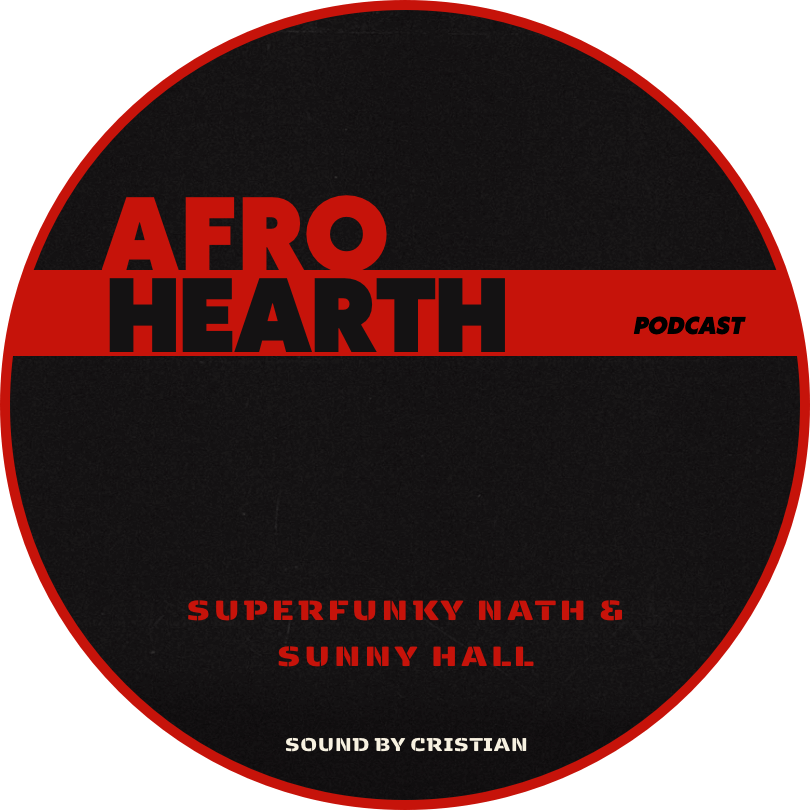
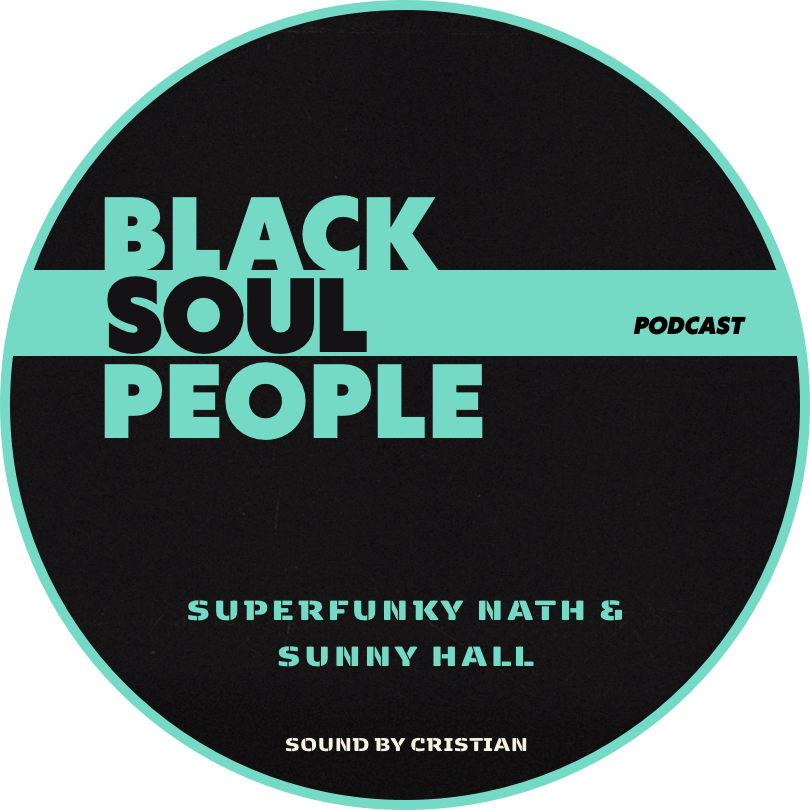
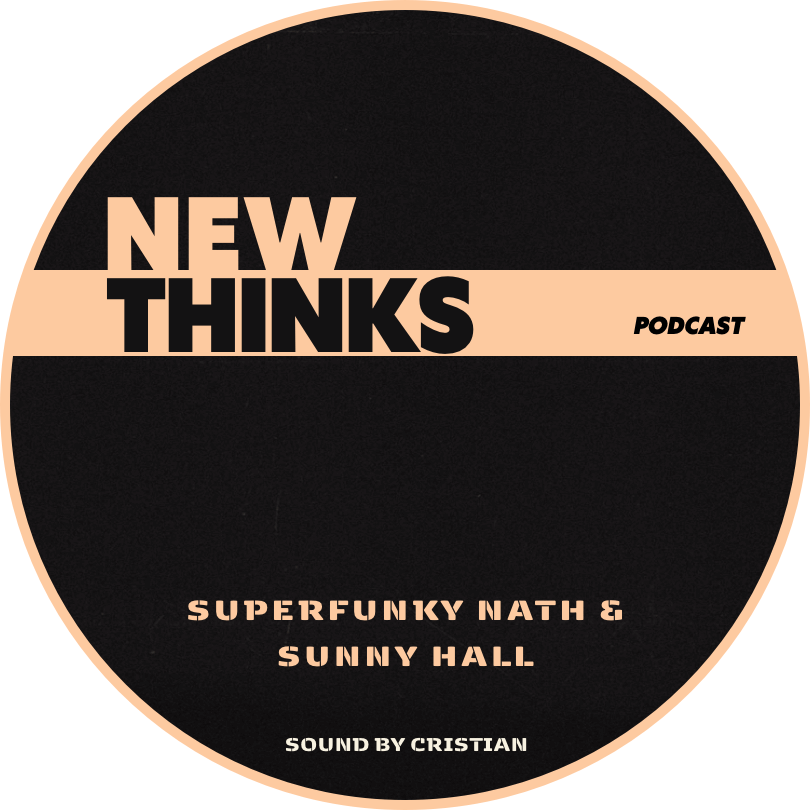
Following the current affair about the overexposure of Black women at large as well as underage girls, to the most toxic hair products on the global market, obviously totally unaware; due to the lack of interest from health organisations and the involvement of the hair care industry with almost no clear regulations or research, abusing of untested chemical substances and the next to nothing, list of key ingredients present on the labelling.
It has to be said, in view of the health concerns and epidemic numbers of side effects, causing major problems among the Black feminine population* that this minority group affected worldwide by its daily cosmetic use, can’t afford any more challenges, as its women already have an insurmountable disadvantage as a result of disparities in health care.
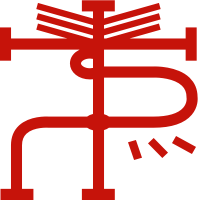
Sadly, it is still a reality in this 21st century that the relevancy of the diagnostic, the professionalism of the procedures and health care depends on who you are and your ethnicity as well as gender.
If you happen to be a Black woman, from north to south, from west to east, from the global north to the global south, speaking English, French, Spanish, Portuguese, Wolof, Creole, Igbo or Xhosa, being poor, uneducated or a high academic achiever, well off financially; your fate is likely to be identical or very similar.
Because your new expensive shoes, certainly don’t change the amount of melanin in your skin, you can always ask Serena Williams, given the opportunity.
Several recent scientific studies and surveys have demonstrated, serving as evidence that these women are being targeted by an incredible amount of health hazards, because of their ethnicity and the pressures to conform to White standards in order to exist and be included as relevant subjects of society.
The first step to intervene against this vicious daily cycle, adding layer after layer of poison to their bodies, would be to protect them by informing and educating all of the women of our various Diasporas.
It would be prevention from harm in order to save lives and slow down the uterine fibroids, premature puberty, reproductive issues, thyroid disorders, asthma, obesity epidemic and cancer risks.
The right to know is at the heart of the problem, customers spending money years after years have the right to know, if their health will be badly affected by what is their community consumption.
And a boycott would certainly change the attitude of some manufacturers, thinking that they can sell anything to women of African descent, assuming they would buy no matter what.
At this stage, nobody can wait for changes in regulations or for the manufacturers to make safer products, as we know, it’s about profits and positioning in the market, where expensive scientific research and investment are not part of the deal. This is how this billion dollar business specifically aimed and marketed to Black women customers has been run, since its beginnings in the 1900, thanks to the inventor of the hair relaxer, Garrett Morgan and the woman who became a millionaire selling it to the masses, Sarah Breedlove McWilliams also known as Madame C.J, an amazing invention designed to destroy the visible maker of our Africanness…
Somehow, if it was only a matter related to relaxers, perms, texturizers, hair tints. Unfortunately the list of products is a lot longer than that, according to several surveys and studies in the last 15 years.
Skin and eye irritation and occupational contact dermatitis are linked to shampoos, conditioners, hair dyes, permanent wave solutions, flat iron sprays.
Respiratory disorders and asthma are linked to formaldehyde, ammonia, bleaching agents.
Obesogens are hormonal disruptors, altering the metabolism. It affects foetuses and in early life exposure it will have a long-lasting effect on the metabolism and cells of the body, there are also linked to type 2 diabetes. These disruptors can be found in shampoos, conditioners, detanglers, hair lotions and fragrances.
Carcinogens are found in hair relaxers, hair dyes, other straightening products such as Brazilian keratin treatments.
Uterine fibroids affects about 80% of Black women over their lifetime. The chemical exposure through the scalp lesions and burns caused by relaxers are linked with high fibroid tumour rates.
Reproductive development, underage girls using chemical hair oils and perms were more likely to experience early puberty including premature periods. Young girls using detanglers and conditioners containing animal placenta, as little as two years old started showing signs of puberty.

Up to 78% of hair straighteners contain hormonal disrupting chemicals called parabens.
Parabens have been linked to cancer, weight gain and muscle reduction.
Up to 78% also contain phthalates which prolongs the shelf life of products, Phthalates are associated with breast cancer, ovarian cancer and early menopause.
Résults published in the Environmental Research magazine.

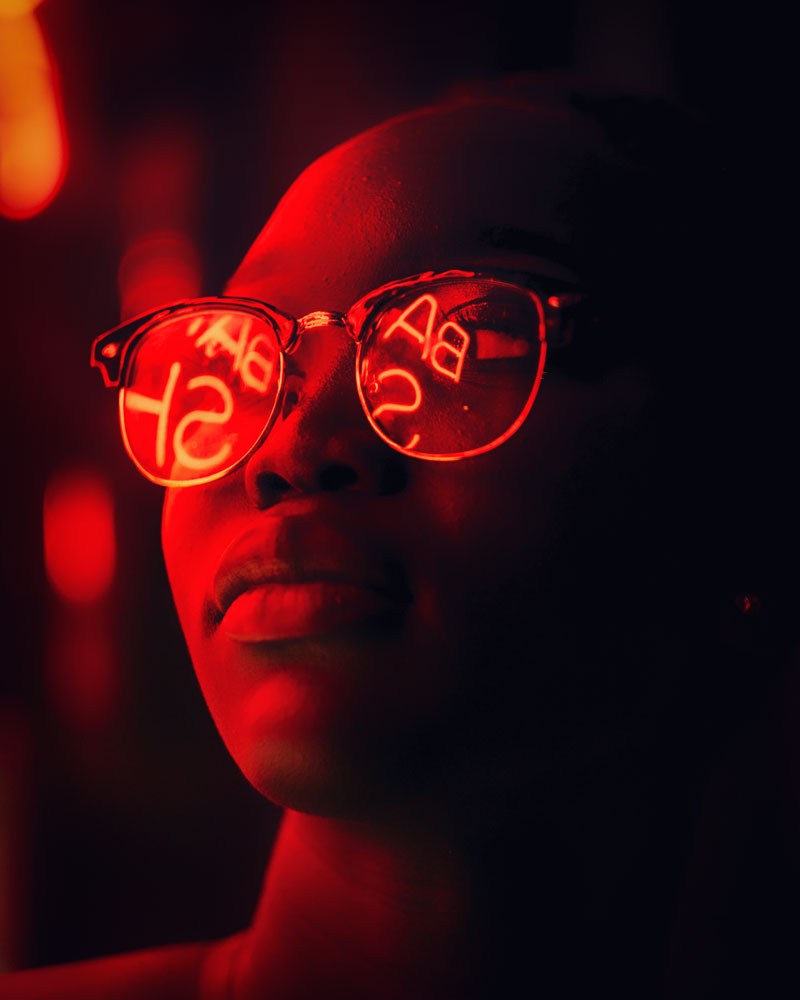
What are relaxers and straighteners made of?
« Up to 78% of hair straighteners contain hormonal disrupting chemicals called parabens.
Parabens have been linked to cancer, weight gain and muscle reduction.
Up to 78% also contain phthalates which prolongs the shelf life of products, Phthalates are associated with breast cancer, ovarian cancer and early menopause.»
But at the same, we are in Europe and Union regulations are tighter than the FDA standards and environmental health concerns related to hair care products, hygiene and baby products.
The problem arises when these prohibited substances under EU regulations don’t appear on the product label when they prohibited by law and shouldn’t be imported in the first place or be applied on the growing bodies of under age children at higher risks than their mothers.
[ The EU Cosmetics Directive states that all cosmetic products sold in the EU must be safe and they prohibit the inclusion of chemicals in products that have been shown to cause cancer, female reproductive toxicity and developmental toxicity. In the various studies, some products were found to contain products prohibited by EU law. Some of the compounds include BPA, phthalate, (nonylphenol and diethanolamine, alkylphenol and ethanolamine. ). So these products cannot be fit for sale in the EU. ]

Going back to relaxers and hair straightening which have a very old and complex history within the black community in western countries where the Black hair industry was born. This history has deep historical roots, with social, political, psychological implications for the Black women and girls of our world Diasporas and it connects women of African descent universally all over the planet. It has deep meaning for our souls, identities, self-esteem, self-expression and “integration efforts” of our common and diverse experiences in the Caribbean region, Latin America, in the various countries of Africa, United States, Canada, Europe and any other country across the globe with the presence of a community of African descent.
When global market researchers state that more than 50% of a Black population like the AfroAmerican community, uses relaxers, perm and texturizers. When this community acts for the rest of the global Diasporas as trendsetter and an example to follow, we end up with an international alienation syndrome in our hands.
I should add to this information, that we have here another interesting way of control on the Black population at large, on a worldwide scale through the international consumption of these products.
What was created yesterday and became trend in the United States, is nowadays mainstream in the rest of the world.
Europe, the Caribbean and Africa as well as Latin America have been going through the difficulty to gain access to these beauty and hair products for decades, as a result the increasing demand has made them ” must haves ” or ” crème de la crème”.
They became highly desirable and more expensive that what they are worth, while they were purposively cheap to enhance maximum profit.
This is a double imposition, one that is psychological about not letting Black women live with, show and accept their natural beauty, chemically altering the nature of their hair. (when it is not the colour of their skin or their facial and body features) To fit in as it is not accepted socially or professionally to go about as their hair grow and look.
On the other hand, an entire business was developed to cater to those specific needs impulsed by White entrepreneurs, who didn’t care about the quality or the harmful effects of the lines they were manufacturing and selling.
On top of that, there was no alternative for a very long time, as they became lobbies and the social pressures to look as European as possible, to be accepted became the norm.
To sum up, let’s say :
“Don’t look like yourself and kill yourself in the process while you are at it”…
Where we have a heavier ethical matter is with the use of relaxer on children’s hair, as young as toddlers, having little ones, as little as 3 o 4, getting sodium hydroxide or calcium hydroxide applied on their strands because they supposed to look prettier.
The interesting fact here is, when both chemical substances are used to clean drain, oven, to refine oil, to process metal or to detoxify water; it clearly states on the label: “Keep out of reach of children”
Another greater problem lies with everyday products like shampoos, detanglers, conditioners, hair oils, if we wanted to stay on a safer side and protect our children.
The bias against Black bodies and especially African hair is as old as the transatlantic slave trade, if only we had the luxury to affirm today, it was a thing of the past…
Hair always had an important symbolic in Africa, it had social, clan, regional, totemic and much more significance, the hairstyles were identification markers.
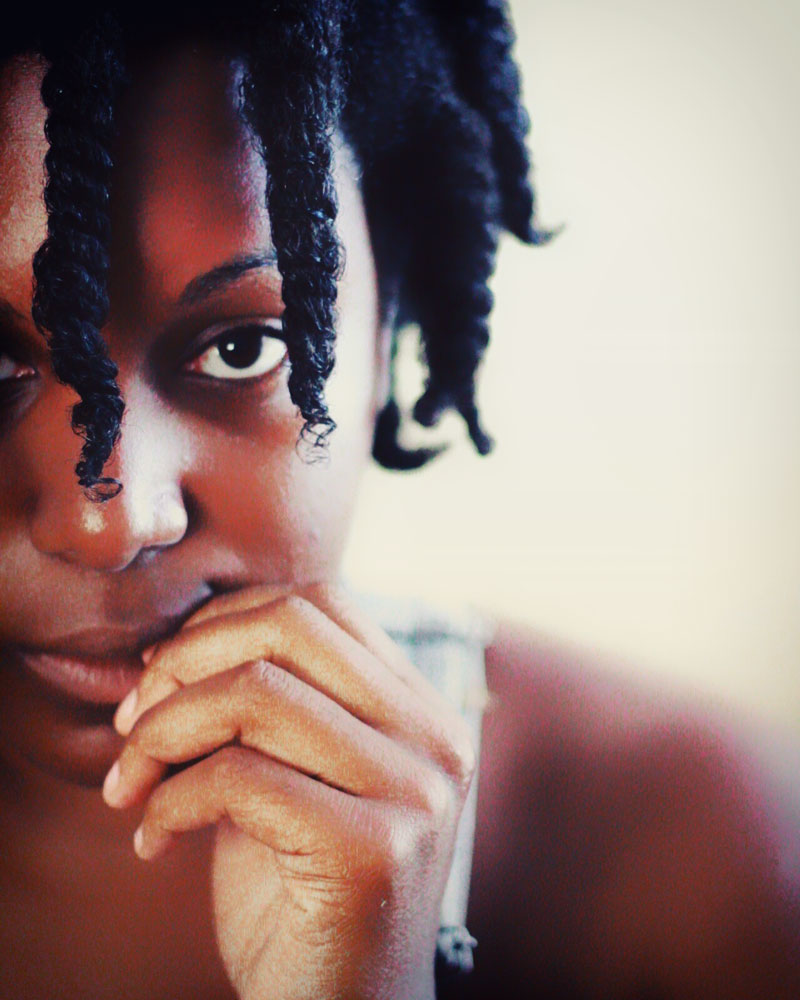


Another greater problem lies with everyday products like shampoos, detanglers, conditioners, hair oils, if we wanted to stay on a safer side and protect our children.

Taken out of context, out of their land, Africans were captured and shaven to prohibit any further tribal communication, as their were becoming enslaved human beings, they were losing their identity, their humanity, strength, freedom and pride. The hair eliminated under coercion was a piece of their body, of their dignity taken from them, the unsanitary and inhumane conditions they were under, were clear signals of their demise.
The crossing to the American colonies took months on end, in dramatic conditions without washing or combing, on arrival they were mocked and humiliated, treated like dirty animals.
A part from the constant cutting of their strands by strangers, one of the punishments on the plantations, was to plunge their heads into a detergent made of water and caustic soda. Aside from the burns, it became a community occurrence as the others could observe the smoothing of the hair and straightening effect of the preparation. As a result, the unlikely billion dollar recipe, for the century old relaxer was born out of suffering, humiliation, burns, soda, potato and egg.
This is indeed what Black women have been paying for, risking high degree burns, hair loss, cancer, uterine fibroids and so forth as plenty of other chemical junk, was added to the mix for its modern best-selling version.
Sadly enough, generation after generation our hair and skin are still stigmatised, and the internalised belief that we should remove our nappy, our frizzy, our dark melanin from the equation, to become bearable or acceptable is still alive, under the eye of the beholder, otherwise known as White Gaze.
The so-called alienation syndrome of the African slave, living in a plantation system based on colorism, between White slavers and mixed and lighter house slaves, became under racial segregation and apartheid the best survival method to integrate, by erasing the physical characteristics of their Africanness.
A final thought or two, concerning the natural hair that grows on top of our heads and its daily struggle that goes further than a simple aesthetic or fleeting fashion, returning to its natural texture.
It also affects our offspring, who should not have to go through an adaptation phase or adjust to the phenotype, they have inherited in this reality.
I see that we have lost the ancestral wisdom of our forefathers, exchanged for alienation, for the diktat of Western aesthetic.
We have integrated and absorbed the rejection of our African essence which was and still is in many cases a survival strategy.
For generations, we have accepted and normalized physical punishment as a routinary exercise otherwise called “beauty enhancement treatment”, which caused a rupture with ancestral cognition, with our African legacy, with the use and knowledge of raw ingredients perfectly adapted to our skin and hair.
We have integrated as a concept that we must erase our Africanness to accept ourselves, to be part of this Western world, join the labour force and the educational system, to aspire also to have a sentimental and family life.
«Our girls have perceived since childhood that their Blackness is not beautiful, it is not acceptable to be feminine enough, and they must aspire to more through an unnatural transformation, which is in itself unattainable.»
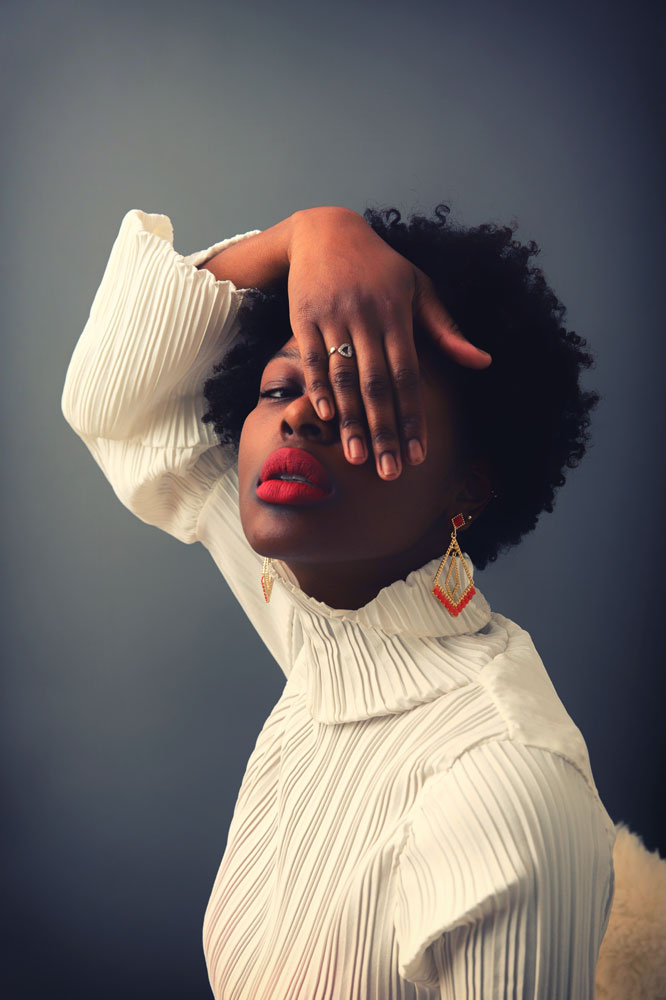


Our girls have perceived since childhood that their Blackness is not beautiful, it is not acceptable to be feminine enough, and they must aspire to more through an unnatural transformation, which is in itself unattainable.

These are very complex, psychological and emotional issues, because seeing your own mother as a reference and emotional foundation, transforming herself to exist, fosters insecurity and self-rejection and normalizes it.
The mother is indeed, the first experience of a child’s perception of the world that feeds on this emotional relationship and emulates her as primary example. The mother is the nurturer, the one who teaches the family rituals and the nature of the relationship with the body, from her must come the wisdom, the know-how, the sacred rituals associated to body care. From there, you can build your cultural identity, your self-love, self-care, letting yourself be cared for and learning to take care of yourself for a neighbouring future, teaching another generation what should not be lost.
Losing this sacred knowledge is the legacy of slavery and colonization in all the different corners of our various world Diasporas.
What was once a punishment is used today to westernise our bodies and souls, we are more than ready to forget and live in complete ignorance. We are not willing to see that it is another way the system has to submit us, poisoning us and having us controlled with the effect that these substances have on our birth rates, our reproductive health and our children.
At an individual level, mentally fight with oneself for not corresponding to the imposed norm, continuously receiving direct or subliminal messages from the environment or from one’s own family, of alienation or rejection, insisting on the fact that there is no other way than physical alteration. It is to affirm that you cannot be a beautiful, proud woman, and it’s equally falling back into the trap of not being completely human as you came into this world.
At the political and social level, it is another approach, to demonstrate that our bodies, our hair, continue to receive constant attacks and have yet to be respected. In the public discourse our bodies are on public display. It seems our bodies have to be this public open space, objectifying us, putting us in a single box which doesn’t resemble our corporeality. Our bodies are policed by everyone, controlled to be contained, to fit into other people expectations…
There are many more approaches, to develop, to understand, how vital it is to be aware, for our physical, psychological and emotional health; for our women, our families, our children, for our spiritual healing.
Here, lies a very profound awakening process, of self-awareness , of understanding of our historical past, that explains many of our problems and community alienation. It would also be a necessary step to change mentalities, passive attitudes, resigned to our oppression.
In this 21st century, we already know that if we continue as we are, it is because the change must start from ourselves, from within, alien to the system from an individual and community point of view, from a joint effort to be sufficiently large and effective.
Our African hair, like it or not, is still a political actor, the only power that we have is community action, boycotting the toxic, demanding that laws be respected, not exposing our bodies and children.
«The more visibility we give to natural styles, and the more skills mothers will have in styling their children’s hair, the less vulnerable our children will be to overexposure to toxic chemicals, having their immune systems compromised»
And finally, we must understanding that in Europe, in the Caribbean, in Latin America and Africa, there is still a niche market that must be developed with premium quality products, supporting the right initiatives and offering healthier alternatives.
The consumer must be the change, once it’s fully understood that the actual generation is another type of consumer, a consumer who chooses to claim his identity and traditions with a high emotional charge.
It is for our community as a duty to take control of the Black hair market, so that it is redesigned specifically for the multitude and complexity of our hair, with irreproachable ethics.
On one hand using good quality, natural and raw ingredients, rejecting the harmful and toxic and on the other hand democratising prices, allowing universal access within the Diaspora.
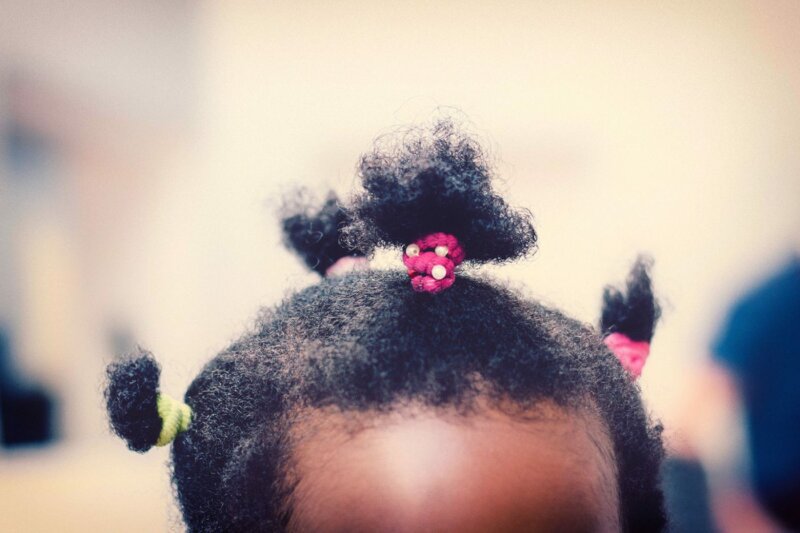

The more visibility we give to natural styles, and the more skills mothers will have in styling their children’s hair, the less vulnerable our children will be to overexposure to toxic chemicals, having their immune systems compromised.

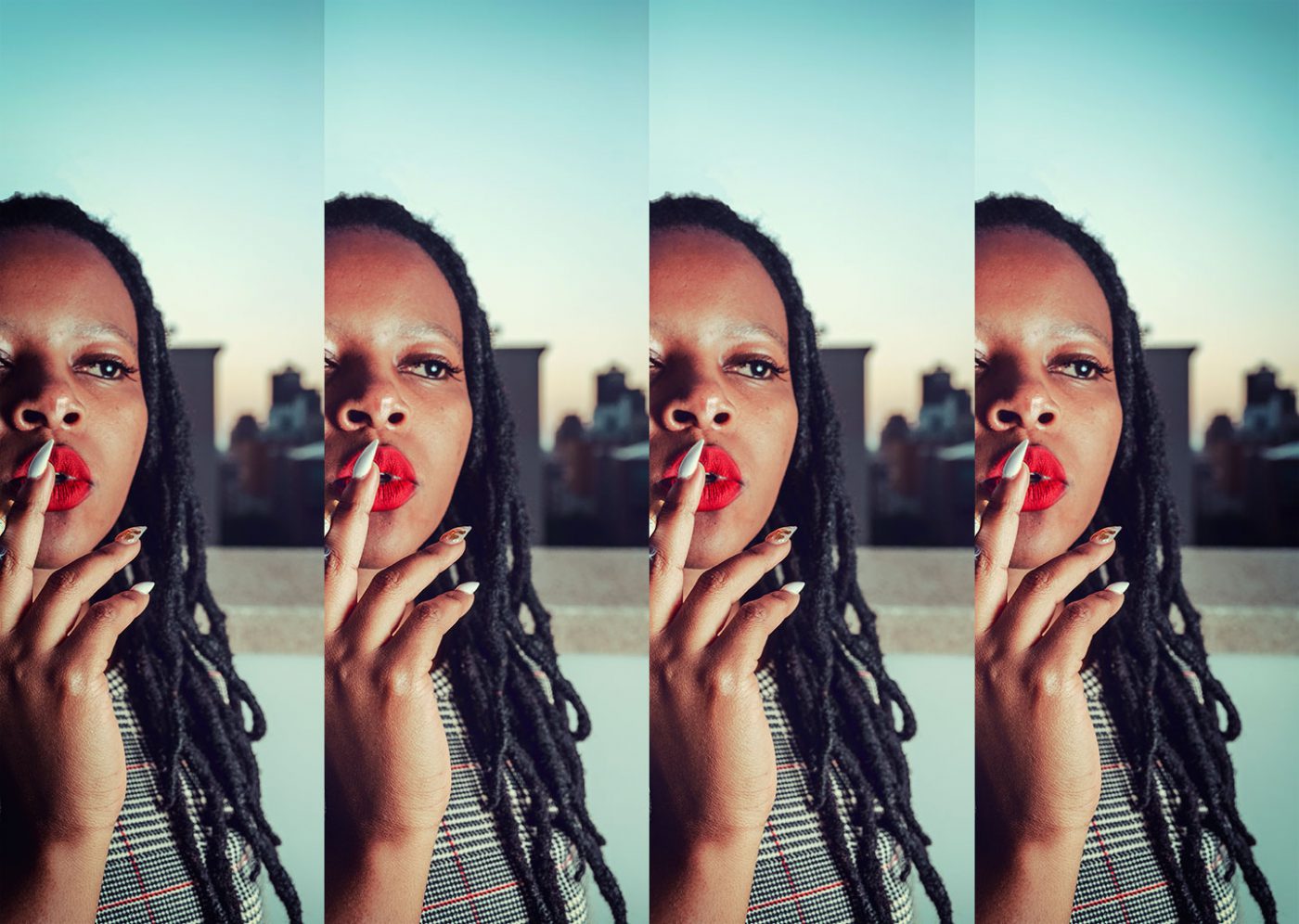
Further reading
PHOTOS